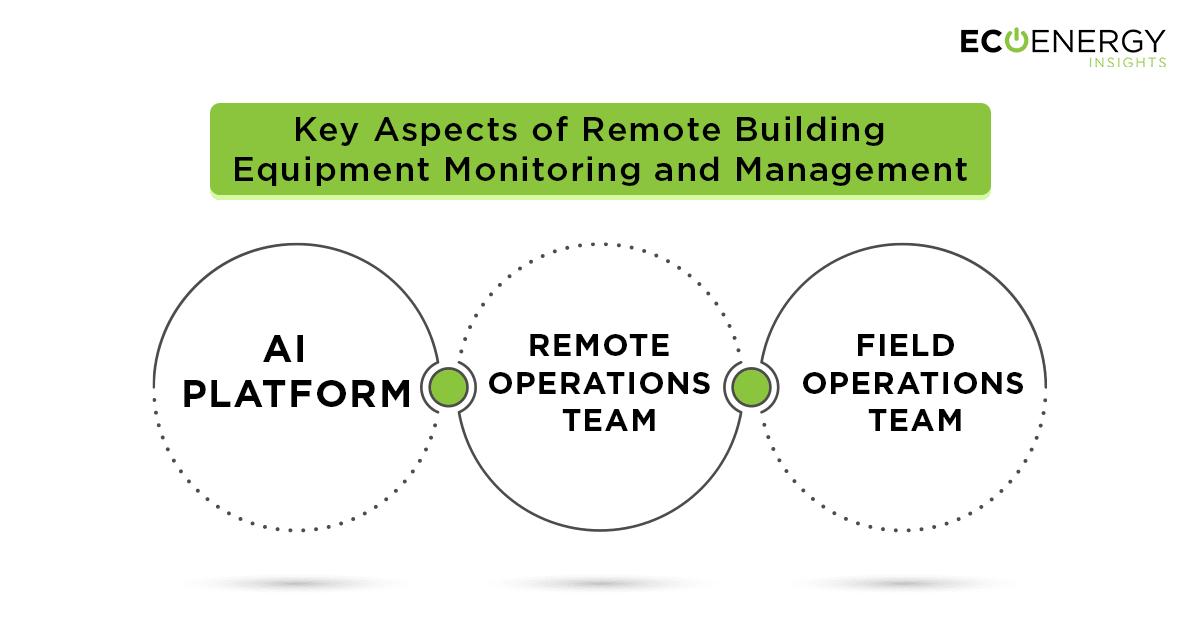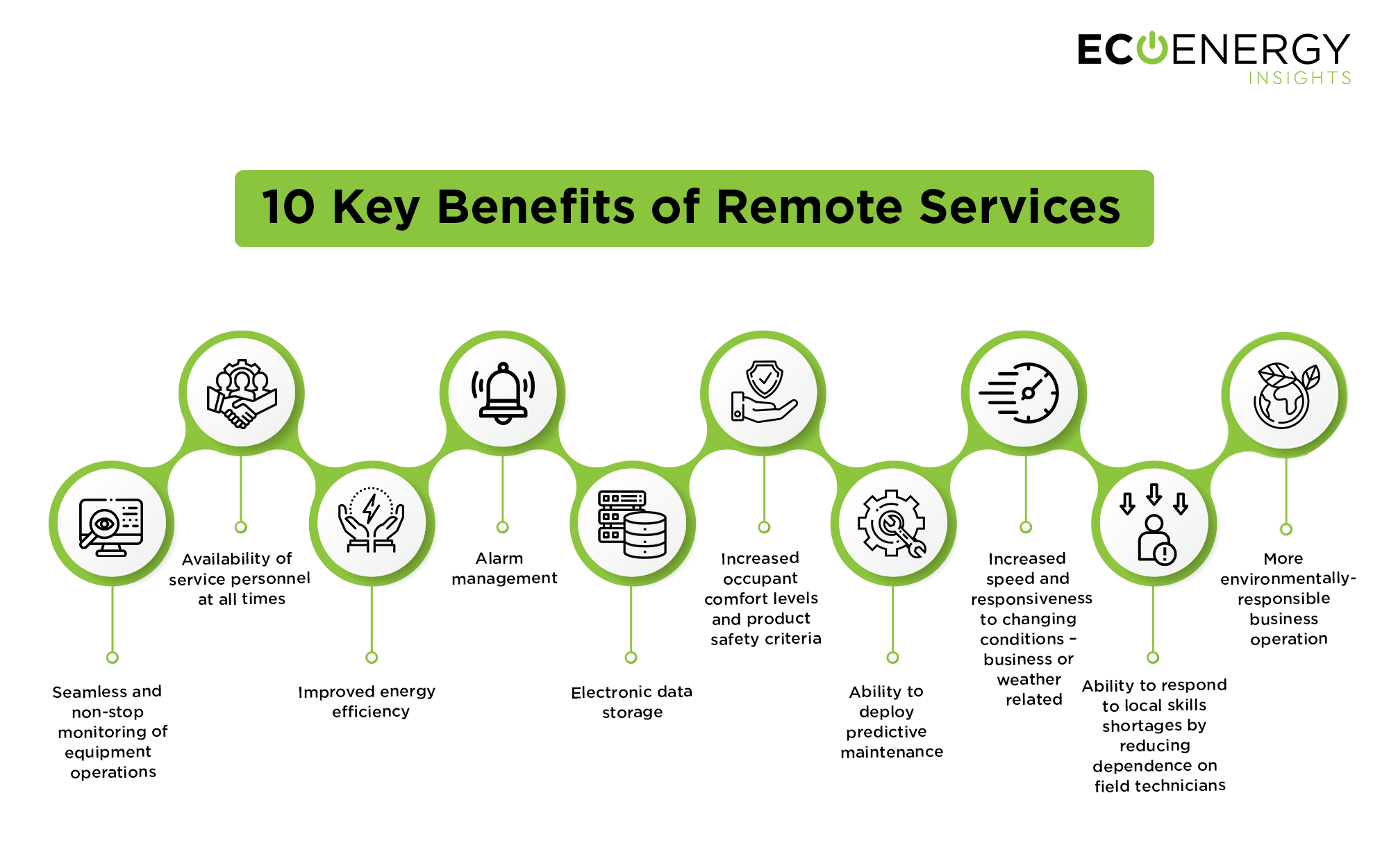Elevating building operations with Energy Management in Retail
Five Considerations When Choosing an AI Solution for Your Retail Enterprise
Commercial firms, such as retailers, restaurant operators and retail bankers, rely on building operation. To truly empower employees and engage customers, they must be efficient and create a welcoming indoor environment. Making buildings intelligent can help such firms.
Today, smooth building processes provide a competitive advantage. Artificial Intelligence (AI) and the Internet of Things (IoT) are radically altering the way critical building functions are managed. These technologies aid in the improvement of building efficiency and intelligence, often utilizing data from equipment to improve operations.
However, the true benefit of an AI and IoT solution is reached when the AI’s predictions and recommended actions are followed up on and completed through automation, human influenced remote resolutions, or field activities. And later, the results of the predictions and actions are fed back to make the AI smarter about the insights and actions implemented, improving future accurarcy This will also help track and measure improvements in the overall building operations.
Businesses are increasingly adopting remote monitoring of their operations, where such services make use of smart equipment and human experience to run them. They use this approach to achieve objectives such as reducing energy expenses while keeping occupants comfortable and merchandise or food, safe. There are three core aspects involved in adopting remote services:

This model enables remote services, some of which are listed below in three categories, typically deployed for multi-site firms:

The fundamental benefit of remote services is that they allow equipment operations to be easily monitored and service personnel to be accessible at all times, even in the most remote areas. Remote services enable businesses to respond quickly to any abnormality or unfavorable trend in a building's performance and to resolve many issues without deploying technicians. When an operator seeks professional help to resolve a problem, remote service teams can anticipate a solution that has been reached following evidence-based study. Even if there are multiple components of equipment from different Original Equipment Manufacturers (OEMs) in the same building, expert remote service teams can provide support for various brands of building equipment. This allows for portfolio-wide monitoring and control of equipment settings, as well as temperature compliance management and energy efficiency improvements.
Remote monitoring offers the advantages of seamless, non-stop monitoring, alarm management, and electronic data storage. Teams can store and later access an infinite amount of information that can be easily sorted and retrieved for analytics or regulatory compliance.
Other benefits of remote services include:
The fifth point also has an added benefit that with fewer truck rolling to fix issues at a site, there are reduced associated greenhouse gas emissions leading to more environmentally-responsible business operations.
Multi-site businesses that are seeking to deploy remote services need to ascertain the main goals they wish to achieve. This can help decide on the platform and the tools and technologies used by the remote team and the field team for successful deployment of remote services. Because remote operations centers are typically made up of highly skilled personnel supported by cutting-edge technology and operating under strict procedures, being clear on the below considerations can help identify the right team for the business.
The ability to anticipate and avert a problem is no longer a luxury, but rather a need. Artificial Intelligence can help with anticipating a problem, but human intelligence and skill is still required for averting a problem.
New technologies such as AI and IoT are increasingly being applied to all types of buildings, equipment and management systems. With an increase in the amount of data and the ability to control equipment, we can now run operations by making better predictions and planning activities in advance.
The future of building operations lies at the intersection of people skills, digital innovation and robust processes. The BluEdge™ Command Centers of EcoEnergy Insights have teams of data scientists, HVAC, refrigeration, controls and other domain experts. These centers deliver service experiences that are tiered to meet the precise needs of a customer’s business and enable them to meet their objectives. The command centers provide round-the-clock expertise, insights and actions to promote confidence in building and equipment operations, so that they can focus on servicing their customers.
May
Arun Vijay Kumar, Command Center Services at EcoEnergy Insights
Arun is responsible for the design and delivery of Command Center services for EcoEnergy Insights’ services to global customers.

